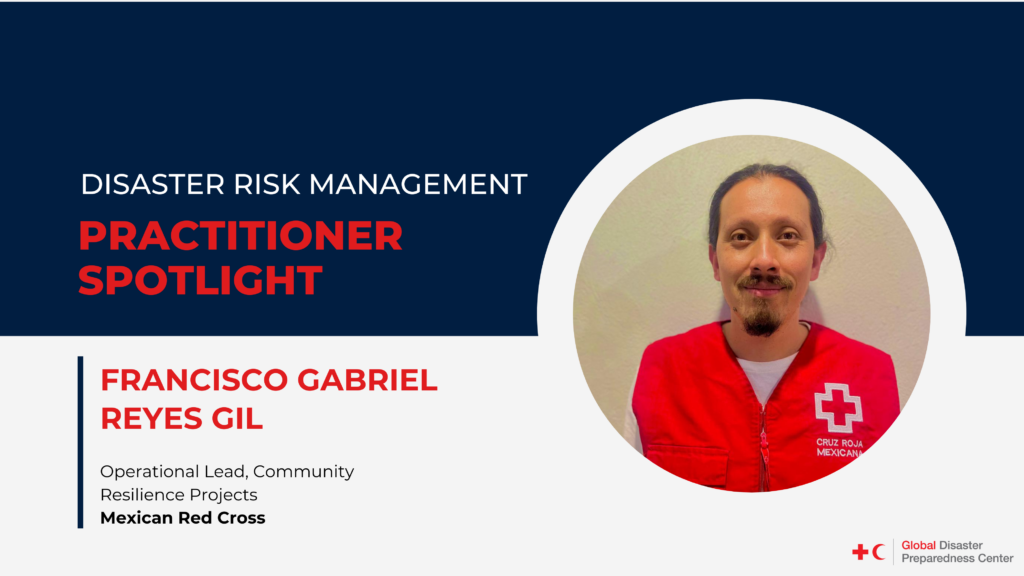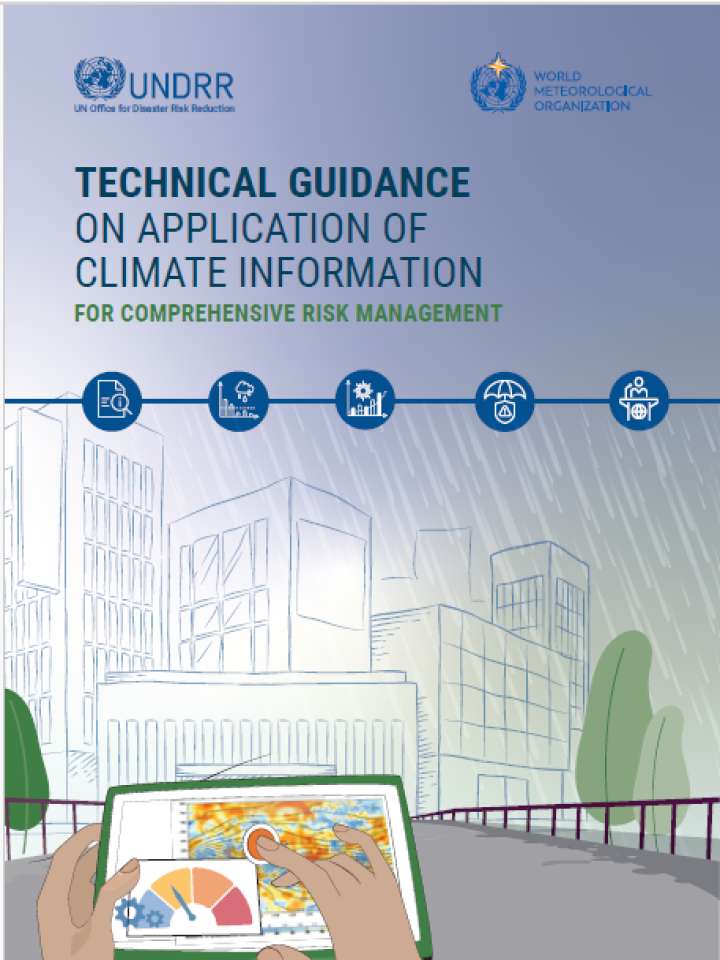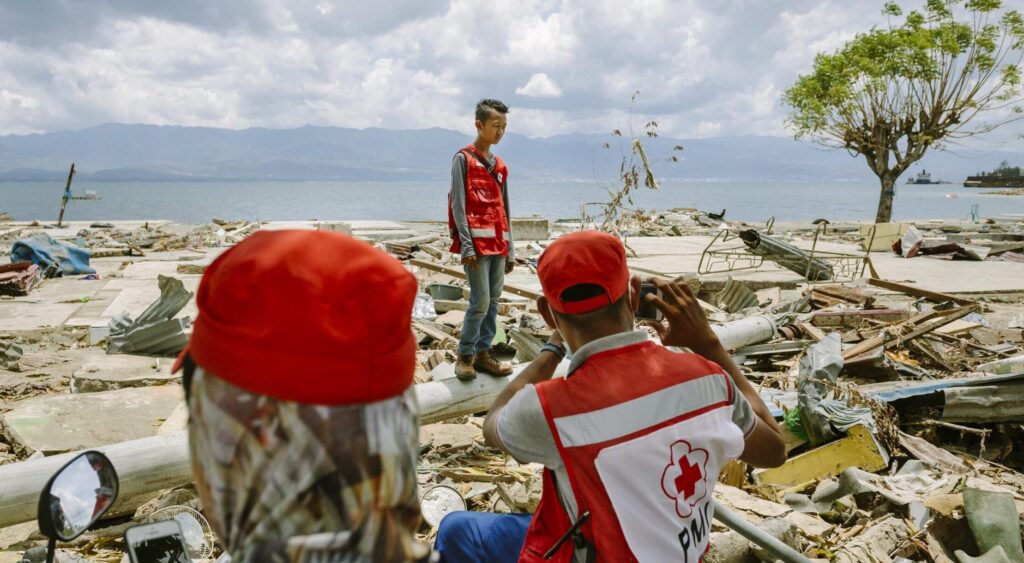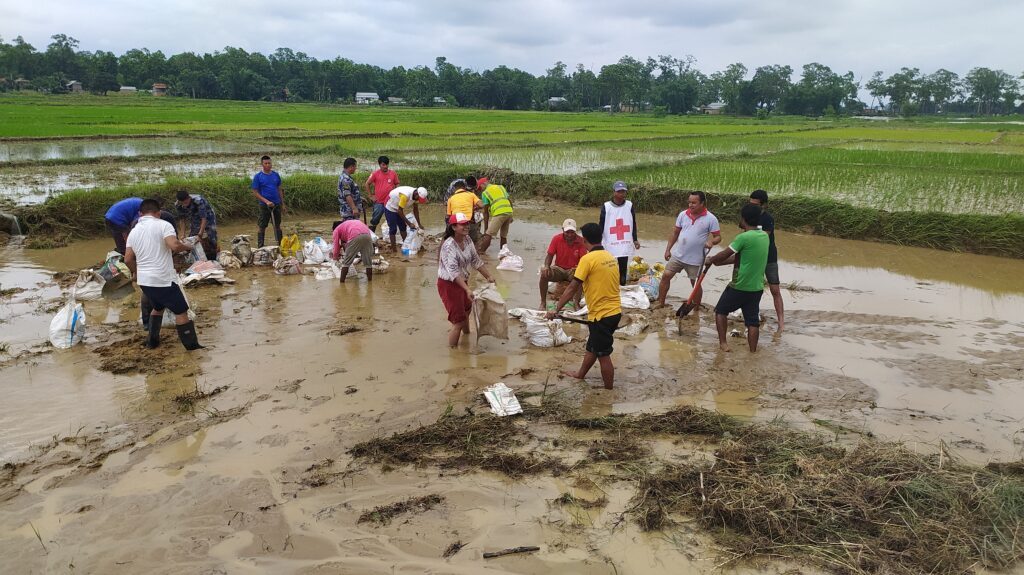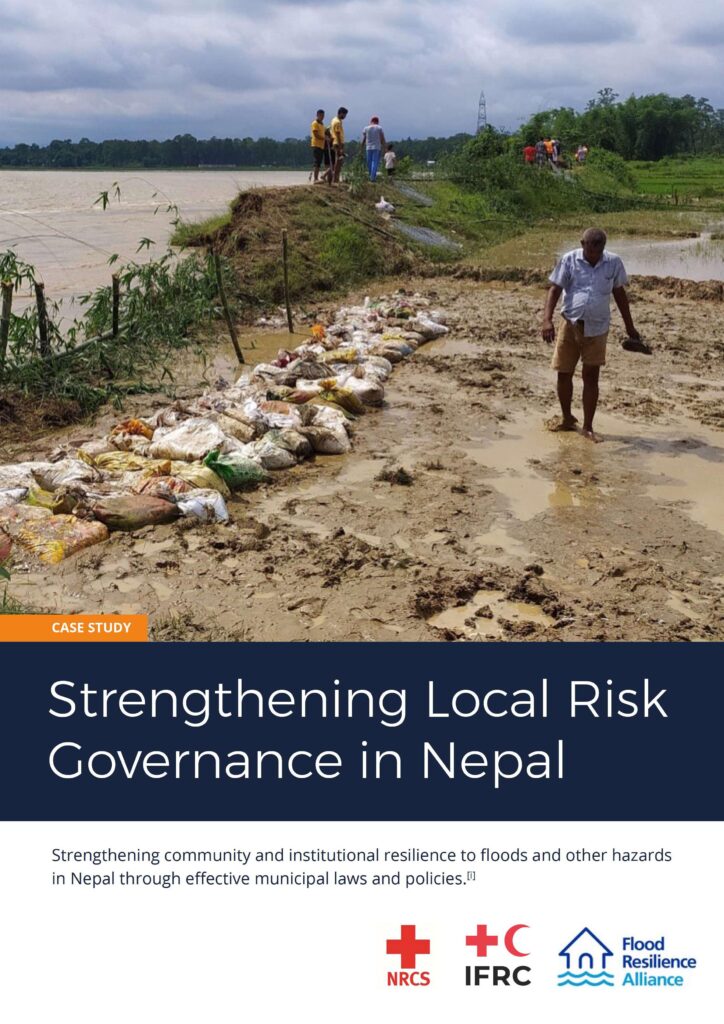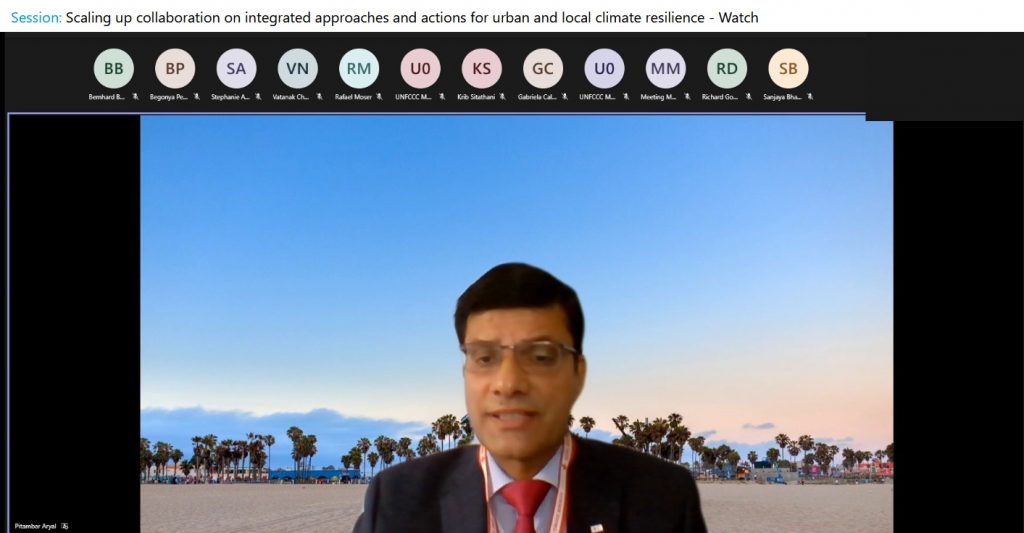Empowering Communities, Influencing National Change: The Mexican Red Cross’ Approach to Flood Resilience
Leading the way in strengthening community resilience, the Mexican Red Cross is at the forefront of impactful disaster preparedness and risk reduction initiatives across the country. In collaboration with the International Federation of Red Cross and Red Crescent Societies (IFRC), in 2023 the Mexican Red Cross celebrated 10 years of implementation of the Flood Resilience […]

